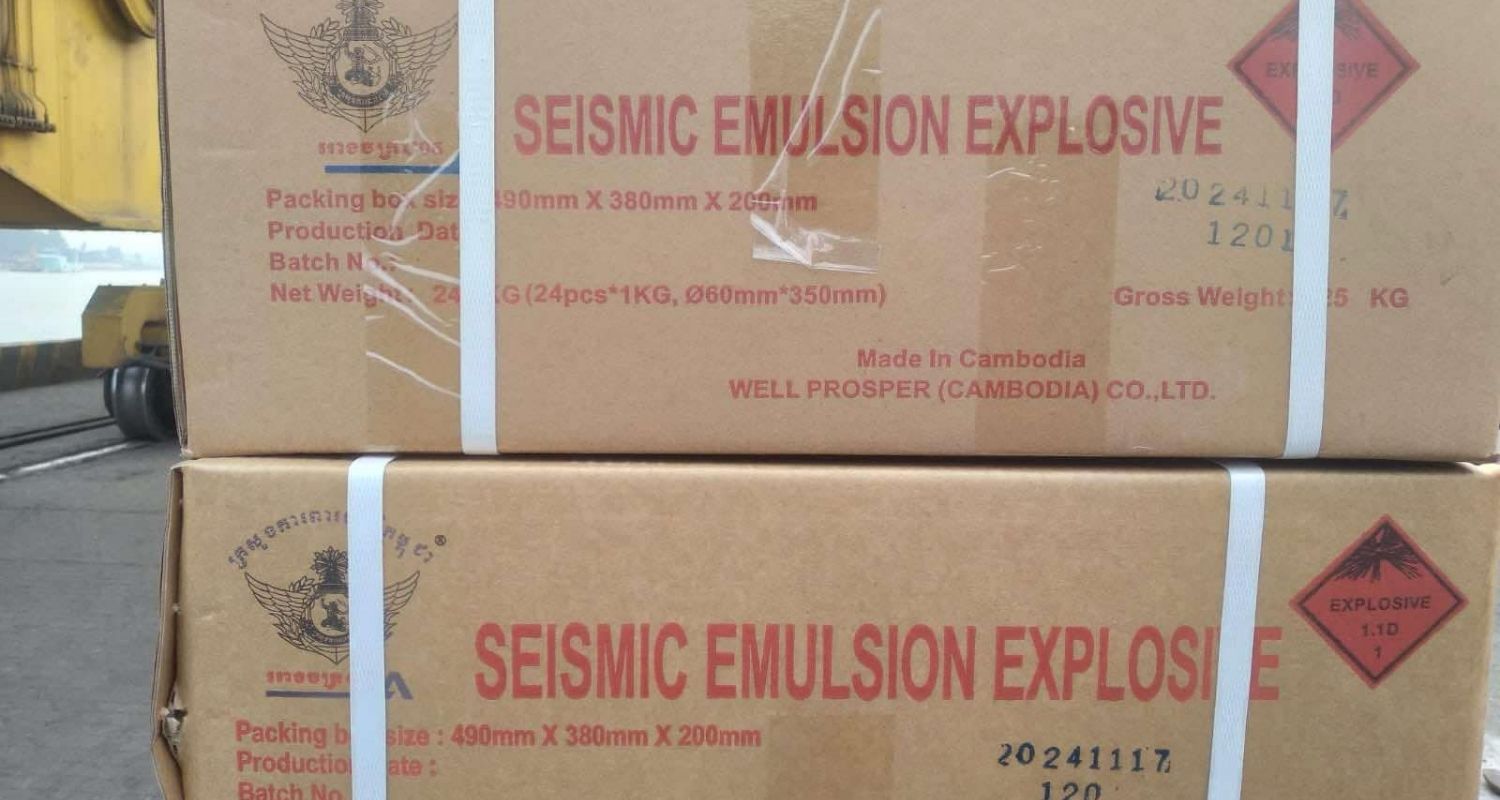A cargo ship arrived at Chittagong port directly from Karachi in Pakistan carrying a large consignment of explosives which were taken out from the dock in a haste and transported to Sylhet and Keraniganj, the pockets close to India’s northeast states, said Indian Intelligence Bureau (IB) sources.
Stashed in two containers, including one labeled WHLU-42617942G1, the seismic emulsion explosives were detained by Bangladesh Navy officials but later released under undisclosed circumstances, said an IB officer.

“It is surprising that there was no declaration about the containers and its recipients in the record-book of the Chittagong port authorities. The arrival of the consignment of explosives in our neighbouring country poses serious concern for us,” said the officer.
A detailed report about the arrival of the explosives in Bangladesh was sent to the Union government alarming India’s security agencies. The report pointed out a serious concern about the explosives’ transportation to the pockets in Bangladesh which are close to Assam in northeast, from where eight suspected operatives of Ansal-Al-Islam, also known as Ansarullah Bangladesh Team (ABT), were arrested during a massive crackdown.
ABT is an outlawed terrorist outfit having links with Al-Qaeda’s Indian Subcontinent (AQIS).
The cargo ship MV Yuan Xiang Fa Zhong arrived in Chittagong on December 21 travelling 2,612 nautical miles from Karachi and ferrying refined sugar, mineral dolomite, soda ash, fabric rolls, scrap metals, food items and lubricant oil along with the two containers which bore the word “Explosive” inside a red square.
“A Cambodian company’s name, Well Prosper (Cambodia) Co, Ltd, was written on the cartons each of which weighed 25 kg. We found the manufacturing company does not exist presently. It shut down its production many years ago,” said the officer.
According to IB sources, Customs and Navy officials at Chittagong port conducted physical inspection of the consignment.
“They were following the standard operating procedure (SOP) and they intercepted the consignment. But the goods were cleared for release within an hour, following instructions from higher authorities. The explosives were taken out of the dock in presence of the personnel of the Chittagong port police station,” said another IB officer.
According to the standard rule-book, importing explosive materials requires adherence to strict protocols, including special permissions and designated handling procedures.
“These explosive materials, classified as dangerous goods, are normally unloaded under heightened safety measures. However, such protocols were not followed in this case and the items were released in haste,” said the officer.
Intelligence sources working in Pakistan and Bangladesh said the cargo manifest did not list the explosives at both Karachi and Chittagong ports.
IB sources said the explosive stashed containers did not originate directly from Cambodia though the information printed on the cartons suggested Cambodian origin. “We have come to know the explosives packed in brown cartons were loaded in the ship at Karachi port,” said the officer.
Using a direct maritime route for the first time since the 1971 liberation war in Bangladesh, the first cargo ship arrived in Chittagong from Karachi on November 13 since the fall of Sheikh Hasina’s government in August triggering the ongoing unrest in India’s eastern neighbour.
Earlier, the shipment from Pakistan used to arrive in Bangladesh via Singapore and Colombo where a security check was in place.
Purpose of seismic explosives
Seismic explosions can be used for generating seismic waves artificially. Their major work is to generate a high-frequency energetic wave for a quick time that repeats in itself without creating any noise.



